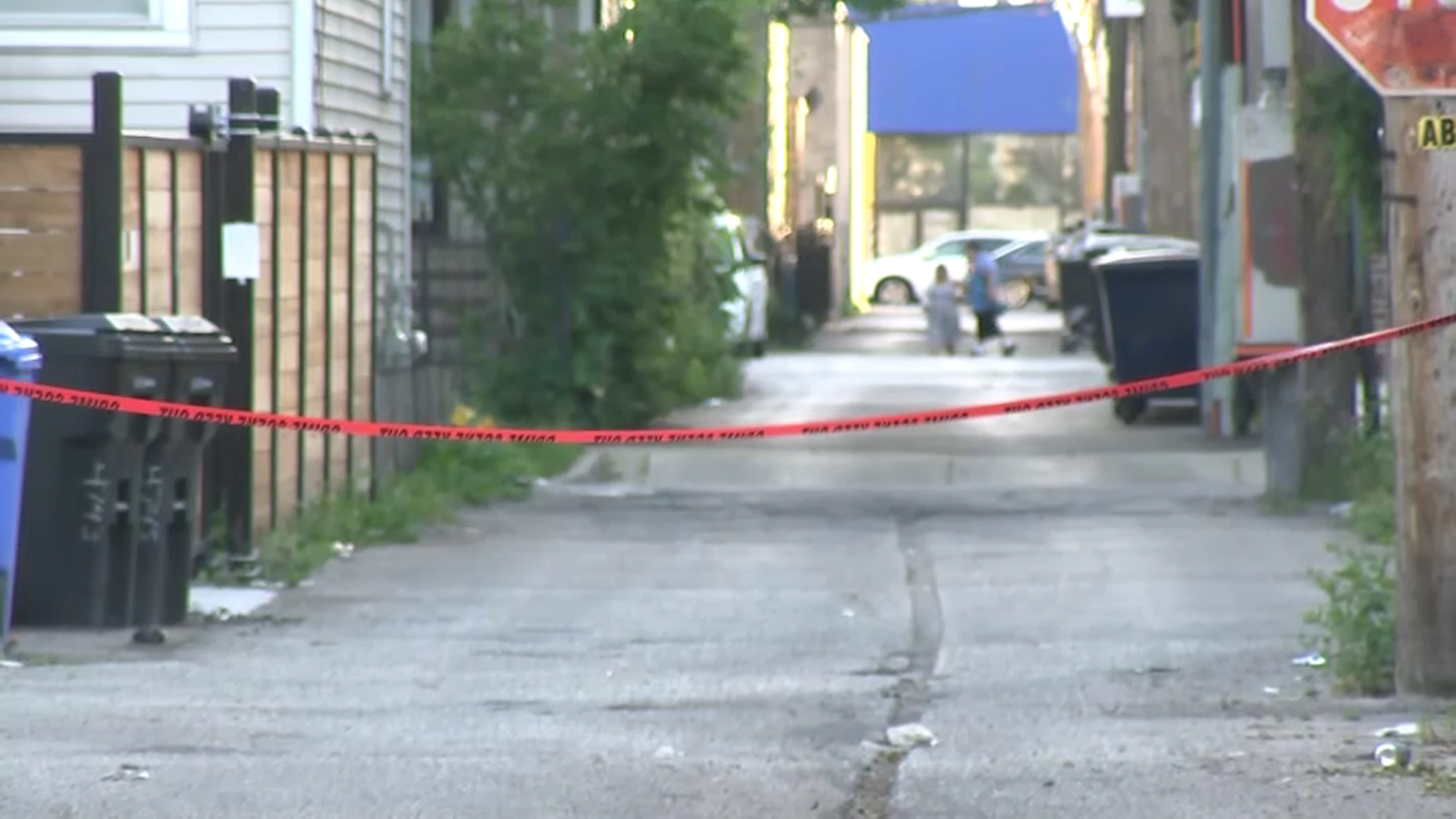The time to change the clocks and "fall back" is nearly here as many across the U.S. prepare for an extra hour of sleep and shorter winter days, but some sleep experts actually want to end daylight saving time altogether -- not just on Sunday.
It's a question that surfaces each year for the bi-annual changing of the clocks.
Previously, proposed legislation pushed for permanent daylight saving time, but that legislation ultimately fell through.
Still, sleep experts have long questioned the health of daylight saving time.
The American Academy of Sleep Medicine has pushed for a switch to permanent standard time for several years.
This week, the group reiterated their stance on the subject.
“By causing the human body clock to be misaligned with the natural environment, daylight saving time increases risks to our physical health, mental well-being, and public safety,” lead author Dr. M. Adeel Rishi, who is chair of the AASM Public Safety Committee and a pulmonary, sleep medicine, and critical care specialist at Indiana University Health in Indianapolis, said in a statement. “Permanent standard time is the optimal choice for health and safety.”
Local
Experts cited a "growing body of evidence" in recent years.
“Permanent standard time helps synchronize the body clock with the rising and setting of the sun,” Dr. James A. Rowley, president of the AASM, said in a release. “This natural synchrony is optimal for healthy sleep, and sleep is essential for health, mood, performance, and safety.”
Feeling out of the loop? We'll catch you up on the Chicago news you need to know. Sign up for the weekly Chicago Catch-Up newsletter here.
The statement was signed by 20 medical, scientific, and advocacy organizations.
It also mirrors similar takes from other organizations, including the National Sleep Foundation, which said "seasonal time-changes are disruptive to sleep health and should be eliminated."
Standard time is exactly what many will return to come Nov. 5, as clocks "fall back" one hour.
According to the website Time and Date, standard time is the local time in a country or region when daylight saving time is not in use.
"More than 60% of the countries in the world use standard time all year," the site says. "The remaining countries use DST during the summer months, generally setting clocks forward one hour from standard time."
While that will mean extra sleep on Sunday, as you may know too well, there will still be a tradeoff. Darkness will set in earlier, meaning fewer hours of daylight.
Under the conditions of the Energy Policy Act of 2005, daylight saving time starts on the second Sunday in March and ends on the first Sunday in November. On those days, clocks either shift forward or backward one hour.
Clocks will officially change at 2 a.m. Sunday, in accordance with federal law.
In the U.S., daylight saving time lasts for a total of 34 weeks, running from early-to-mid March to the beginning of November in states that observe it.
Nearly every U.S. state observes daylight saving time, with the exceptions of Arizona and Hawaii.
But a switch to permanent daylight saving time, as was proposed in the now-failed legislation, would come with its own challenges.
"For morning commuters and children heading off to school, dark mornings caused by permanent daylight saving time pose numerous safety concerns," the AASM says. "This would be especially problematic during the winter months when days grow increasingly shorter."
"More darkness during early morning commutes may also contribute to an increased risk of traffic fatalities, according to studies," the organization went on to say.
Sleep experts also argue that permanent daylight saving time would "disproportionately" affect people living in the northern part of the U.S.
"Some parts of Montana, North Dakota and Michigan would not see sunrise until after 9:30 a.m. during the winter months," the AASM said, if the country adopted permanent daylight saving time.
"More populous cities would be impacted by darker mornings as well – with permanent daylight saving time, sunrise wouldn’t occur until 8:20 a.m. in New York City in January. In Los Angeles, sunrise in January would be at almost 8 a.m., and in Minneapolis, sunrise would be at nearly 9 a.m."
According to the Department of Transportation, however, daylight saving time has a number of benefits. The DOT's website highlights the following:
- It saves energy. During Daylight Saving Time, the sun sets one hour later in the evenings, so the need to use electricity for household lighting and appliances is reduced. People tend to spend more time outside in the evenings during Daylight Saving Time, which reduces the need to use electricity in the home. Also, because the sunrise is very early in the morning during the summer months, most people will awake after the sun has already risen, which means they turn on fewer lights in their homes.
- It saves lives and prevents traffic injuries. During Daylight Saving Time, more people travel to and from school and work and complete errands during the daylight.
- It reduces crime. During Daylight Saving Time, more people are out conducting their affairs during the daylight rather than at night, when more crime occurs.
For now, it seems the changing of the clocks isn't going anywhere. And like clockwork, we'll "spring forward" come March of next year.
In 2024, daylight saving time will take an extra day to return thanks to the leap year. It will resume on March 10.
As for this weekend, here are some tips to help your body adjust to the shift:
- Wait to change your clocks until it is time to get ready for bed.
- Go to bed at your usual bedtime.
- Just before getting into bed, set your clocks back one hour.
- Wake up at your standard wake time.
- Take note of how much better you feel after an extra hour of sleep.
- Continue to go to bed each night at the earlier bedtime.



